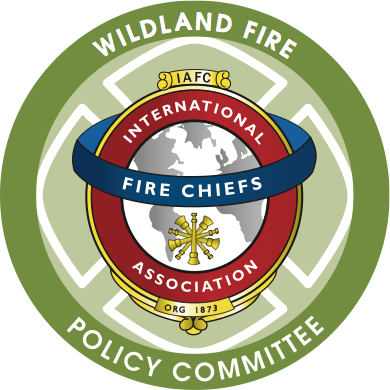
The Wildfire Policy Committee is the IAFC's voice promoting nationwide efforts to reduce wildfire threats through:
- Aggressive prevention
- Public information and education
- Mitigation
- Preparation and response efforts
To do so, the committee keeps abreast of emerging wildland and wildland-urban interface issues facing the fire service and responds accordingly. Committee members are subject matter experts and represent the IAFC on national Wildfire Policy leadership groups and at meetings.
The wildland-urban interface (WUI) is the fastest growing problem in the United States. It grows each day as people continue to build homes in high-risk interface areas (suburbs) and in the face of social resistance to local- state- and federal-government attempts to address fuel modification through a balanced fuels reduction plan.
The direct threat to life and high-valued property in the interface has been demonstrated in cities, towns, counties and communities throughout the country. The direct and indirect costs of an extreme fire event can reach multi-billion dollars. Impacts on the infrastructure of a community can include damage and disruption of water supply, utilities and transportation systems.
These fires threaten high-value community assets including recreational resources, cultural icons, endangered species, grazing crops, jobs, and community health and commerce.